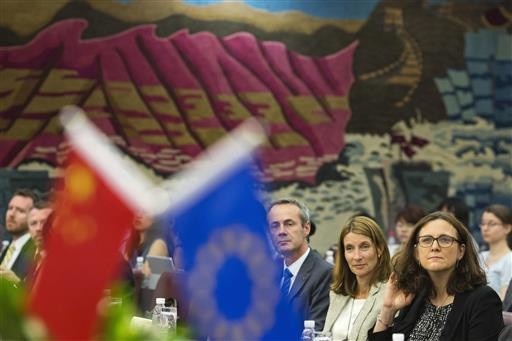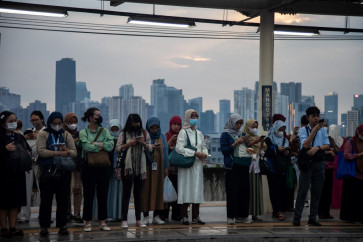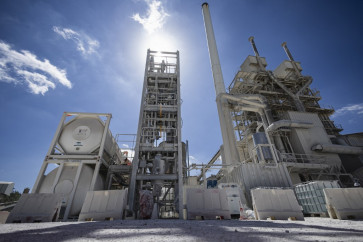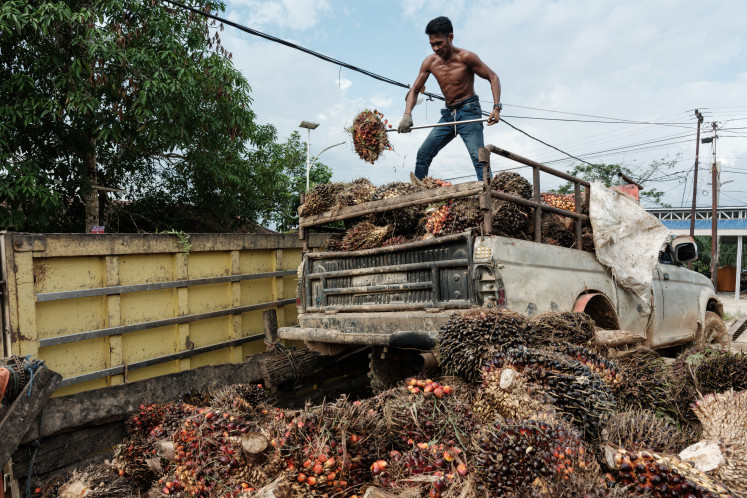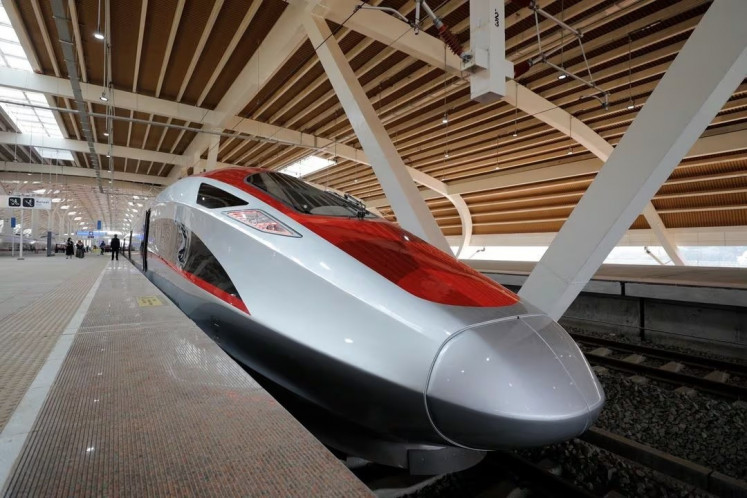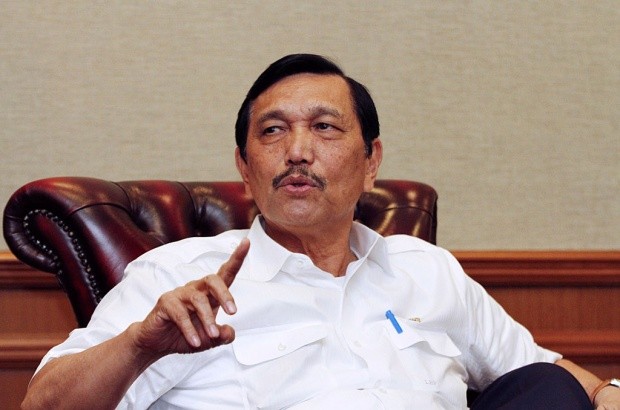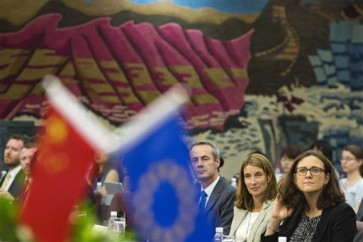Popular Reads
Top Results
Can't find what you're looking for?
View all search resultsPopular Reads
Top Results
Can't find what you're looking for?
View all search resultsAfter Brexit, an ASEAN−EU trade agreement?
After Brexit, what does the EU now mean for ASEAN? In the decade from 2005 to 2015, the EU28 meant a market of 13 percent of ASEAN’s exports.
Change text size
Gift Premium Articles
to Anyone
A
fter the wave of globalization following the end of World War II, a series of recent events suggest that the tide may well be turning. International trade as a proportion of global gross domestic product (GDP) has stopped growing in the last decade.
The momentum for multilateral trade liberalization has stumbled and Doha seems to not be going anywhere (even though the Trade Facilitation Agreement only started to take effect on Feb. 22).
Anti-globalization sentiment has also been growing in the European Union, a group of 28 countries in Europe, which forms a single market allowing for free movement of goods and people, uses a single currency (although the United Kingdom has its own British pound sterling) and applies a customs union.
When the British voted to leave the EU last year, Theresa May replaced David Cameron as the prime minister of the UK. For her and her cabinet, “Brexit means Brexit,” and by the end of March she aims to finalize plans for the UK to leave the EU within two years.
After Brexit, what does the EU now mean for ASEAN? In the decade from 2005 to 2015, the EU28 meant a market of 13 percent of ASEAN’s exports. ASEAN’s main exports to the EU were electrical machinery (25 percent), machinery (15 percent), apparel (8 percent) and footwear (6 percent). The UK accounted for 1.5 percent of ASEAN’s exports in 2015.
The EU-28 meant 10 percent of the sources of ASEAN imports in the same decade. ASEAN’s main imports from the EU included machinery (20 percent), electrical machinery (16 percent), aircraft (5 percent), vehicles (5 percent) and pharmaceutical products (5 percent). The UK was the source of 1.1 percent of ASEAN’s imports in 2015.
The EU also meant 19 percent of total foreign direct investment (FDI) in ASEAN in the same decade. The top EU investors in ASEAN are the Netherlands (6 percent), the UK (4 percent), Luxembourg (3 percent), France (2 percent) and Denmark (1 percent) of total world’s FDI in ASEAN.

